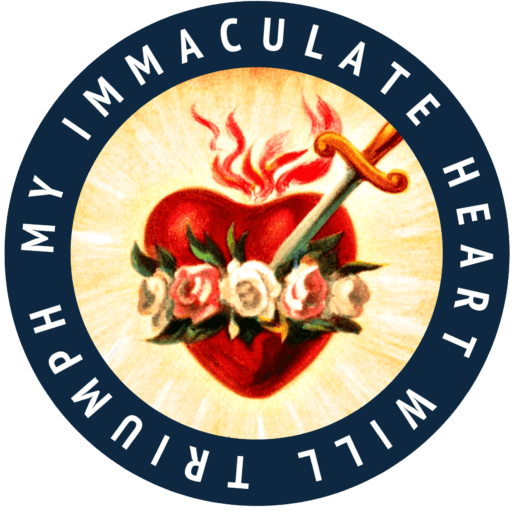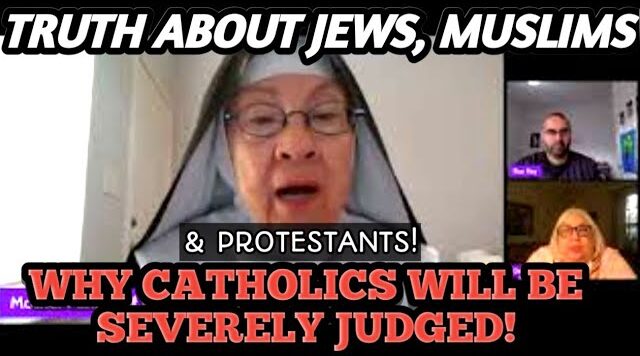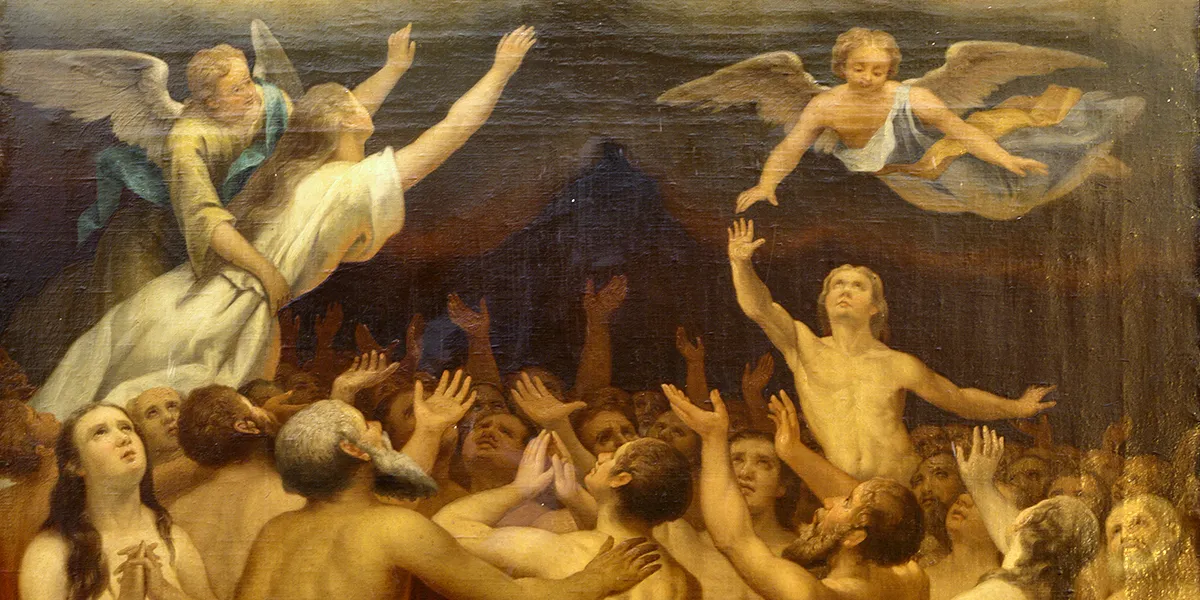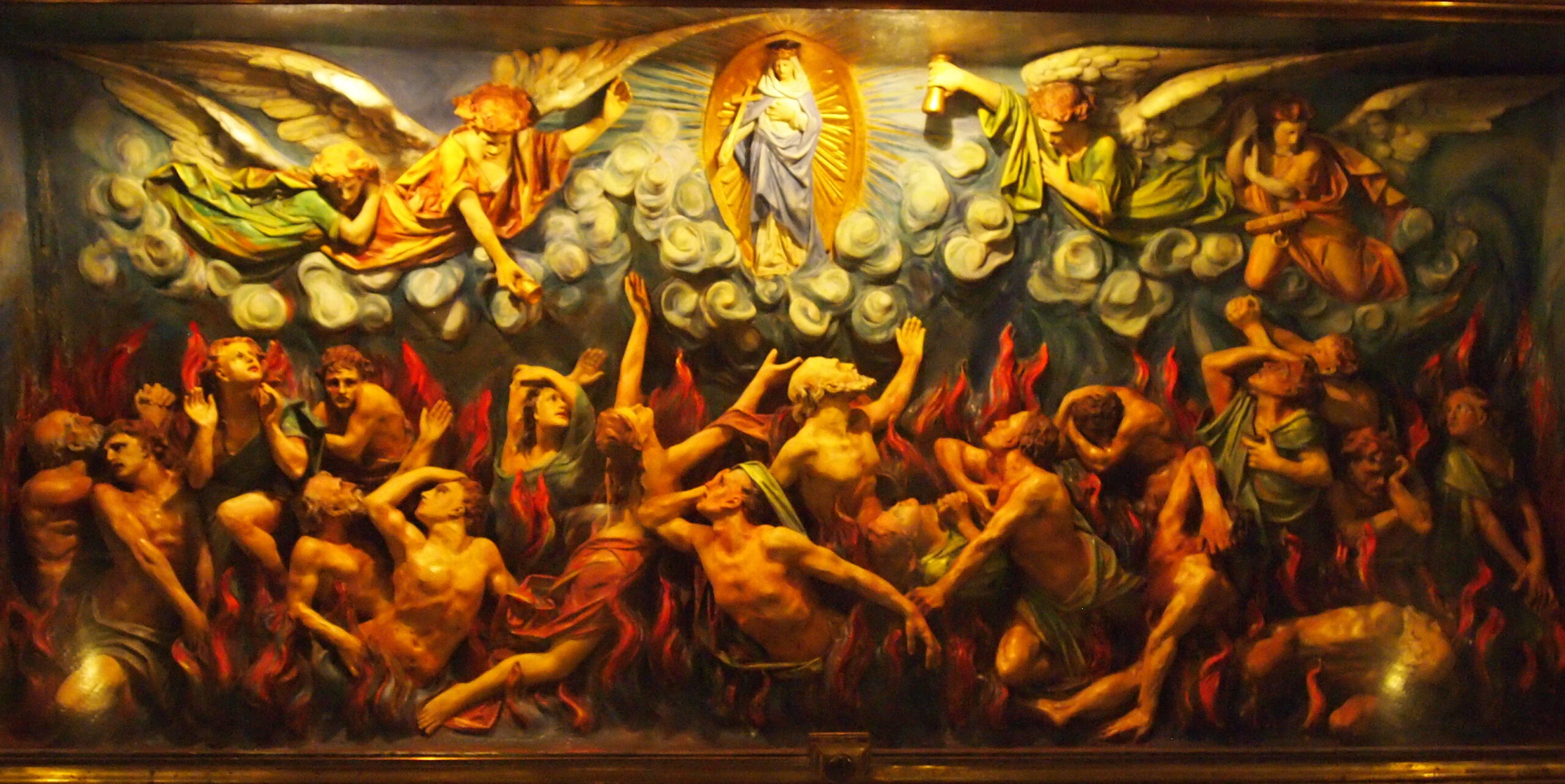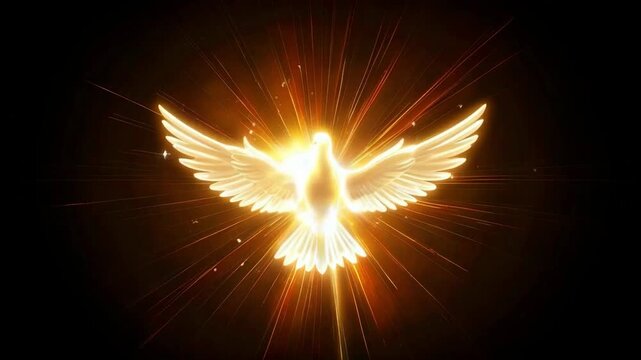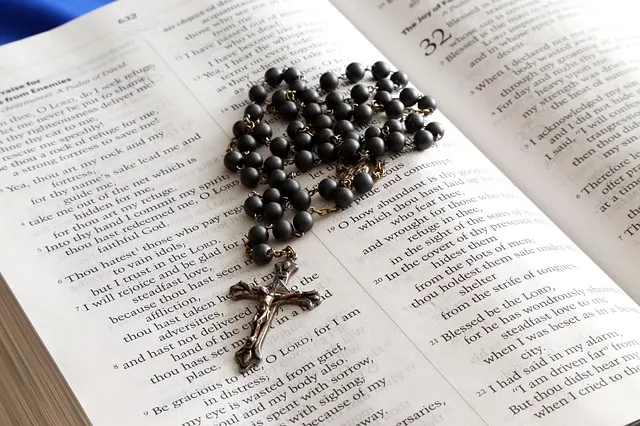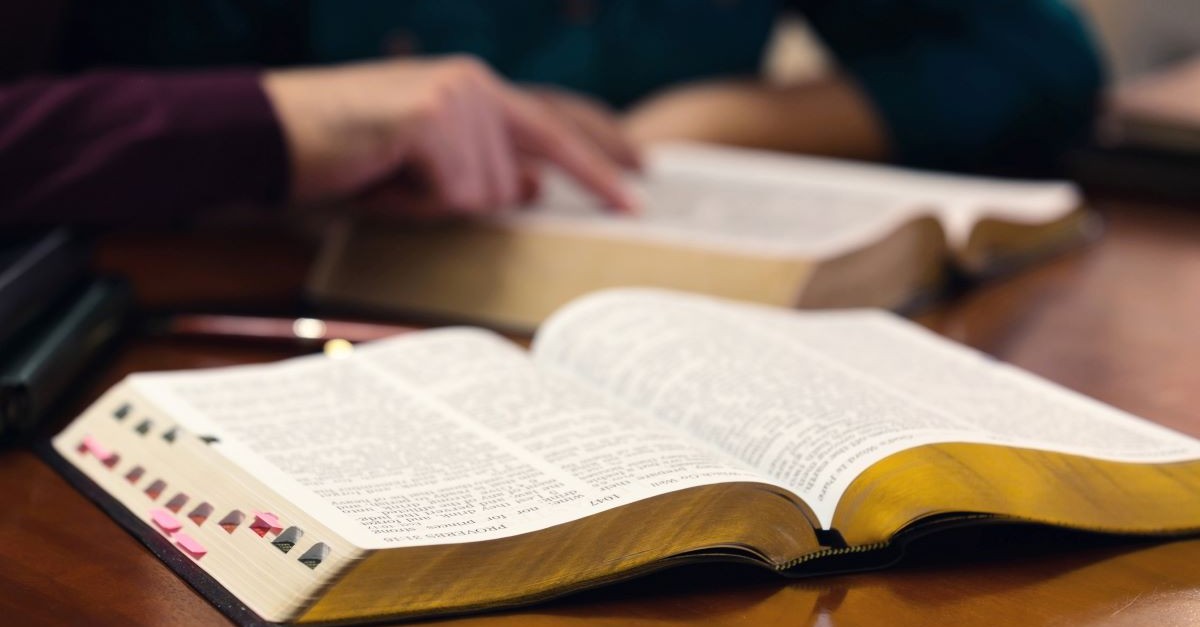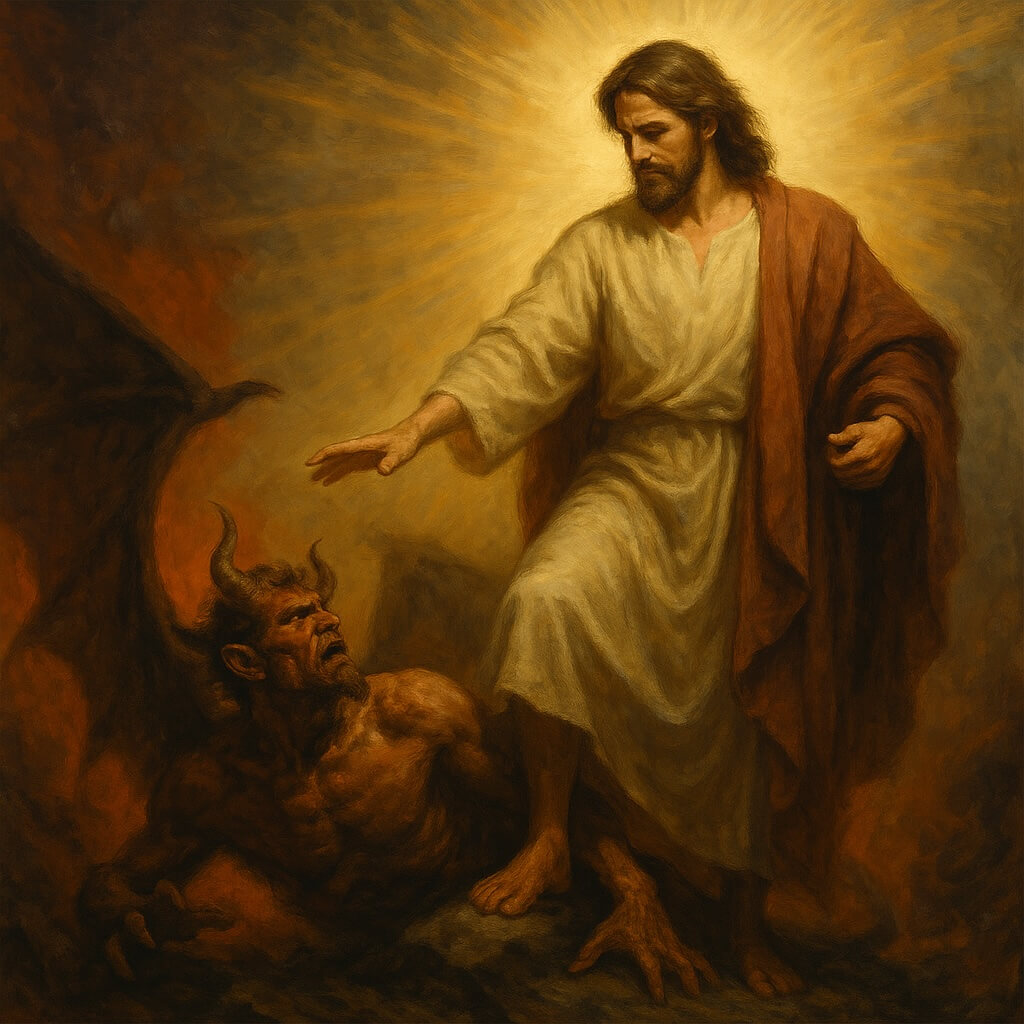
Tag: catholic news
-
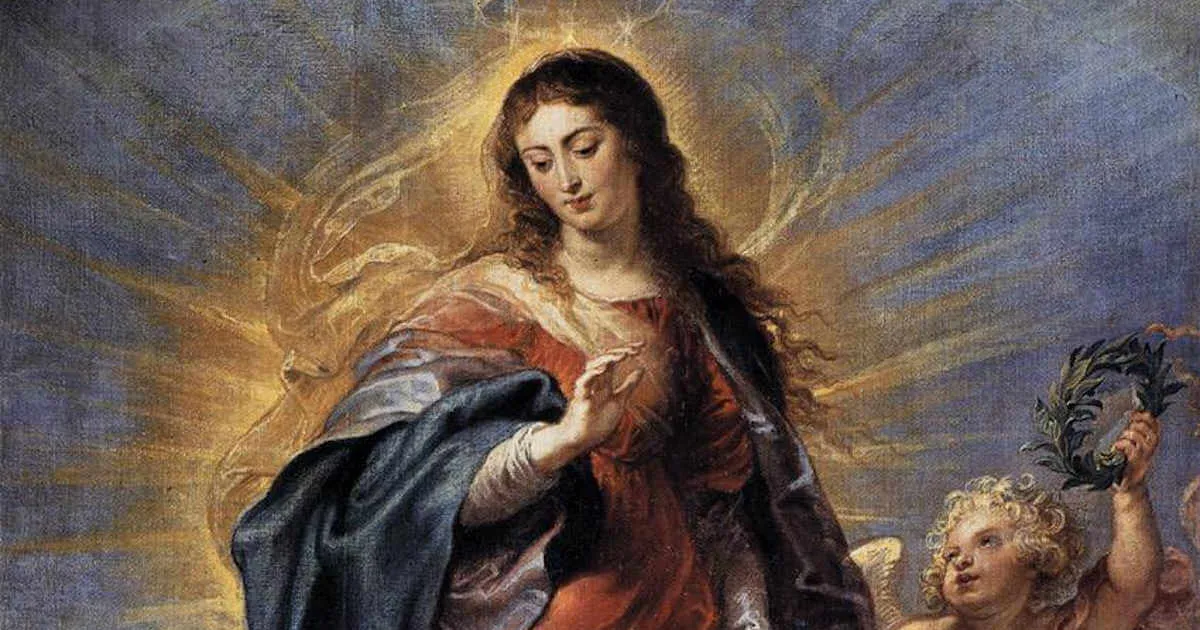
The Immaculate Conception | Free Spiritual Resources
Read More: The Immaculate Conception | Free Spiritual ResourcesYou can download PDF for FREE below Powered By EmbedPress
-
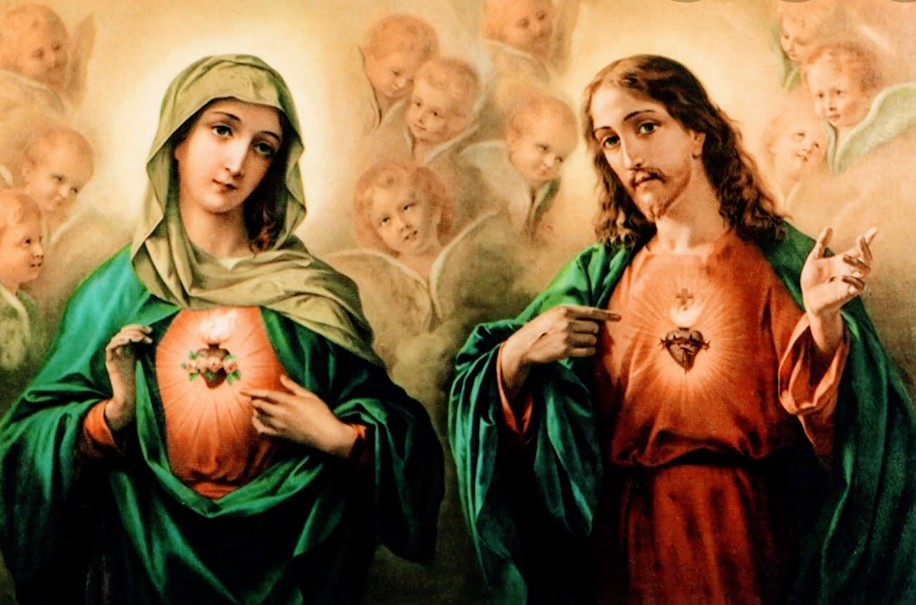
MUST DO! Life Offering and the Novena in honor of the Sacred Heart of Jesus and the Immaculate Heart of Mary
Read More: MUST DO! Life Offering and the Novena in honor of the Sacred Heart of Jesus and the Immaculate Heart of MaryDownload below for free! Powered By EmbedPress Powered By EmbedPress
-
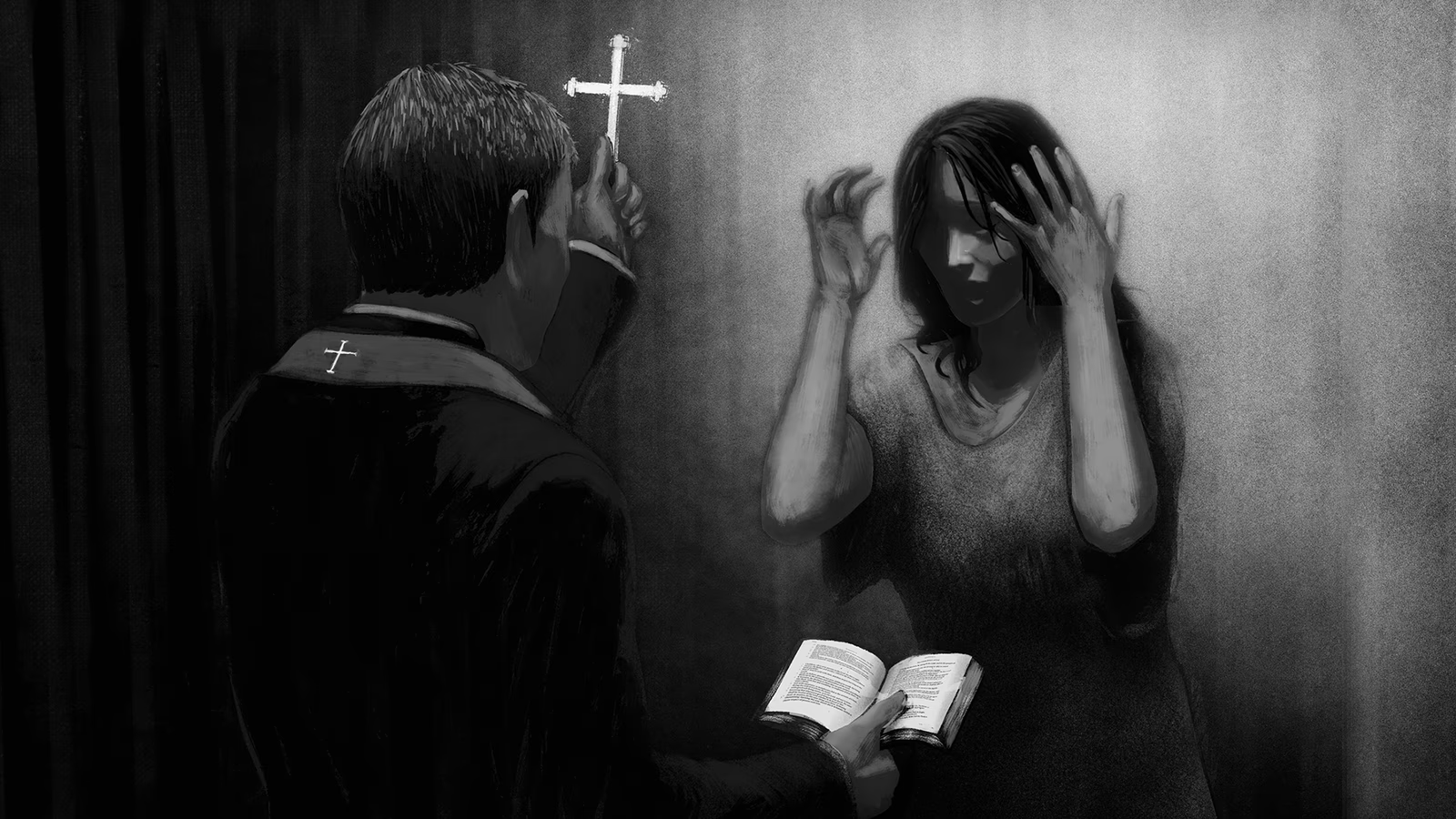
Search
Popular Posts
-
The Bible is a Catholic Book!
Download below for Free Powered By EmbedPress
-
Which Bible Should We Read?
Please Download Below! Powered By EmbedPress
Categories
Archives
Tags
#Miracles (106) 2023 (4) 2024 (4) approved miracles (2) catholic (148) catholic blog (395) catholic meditations (7) catholic miracles (391) catholic motivation (2) catholic news (385) catholic prayers (4) CatholicSeers (373) catholic vlog (394) catholic websites (6) Eucharistic miracle (2) fr jim blount (3) GisellaCardia (11) hamas (3) imitation of christ (2) Israel (4) israel live (5) Israel news (9) jesus (3) jesus christ (4) Latest messages (11) lent 2023 (10) lent 2024 (4) lent homily (2) lent retreat (4) lent retreat 2023 (3) Lourdes (2) messages from god (6) MessagesFromHeaven (381) miracles of catholic church (2) mother and refuge (2) ourlady (329) OurLadyApparitions (22) our lady of lourdes (2) Pope (2) POPE francis (3) pope francis news (2) prayers (3) real miracles (367) sacred heart of jesus (2) The Miracles of Lourdes (2)
